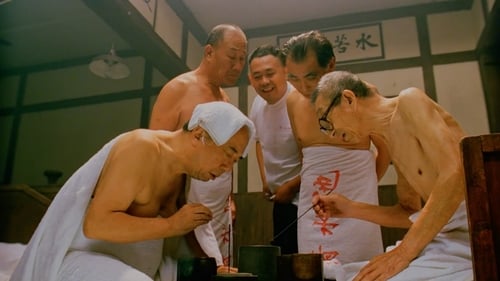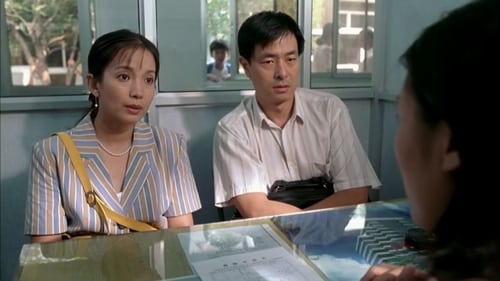
Cinematography
After her mother's lecherous boyfriend reveals she's adopted, incorrigible flirt Dada skips town -- with hopelessly smitten boy-next-door Zhou in tow -- in search of her birth mother.

Cinematography
A young woman who has lost her first love begins a relationship with his best friend, and the two of them attempt to create a baggage-free future.

Cinematography
A love story between a country boy in Beijing to study and a wealthy businessman set against the backdrop of the 1989 Tiananmen Square incident.

Cinematography
「スパイシー・ラブスープ」でデビューを飾った新鋭チャン・ヤンが、今までの中国映画とは全く違う斬新な描写で親子愛を描いた、1999年トロント国際映画祭国際批評家連盟賞受賞作。北京の下町で銭湯「清水池」を営むリュウは知的障害のある次男、アミンと共にそれぞれにリラックスした時を過ごしてくれる客人たちとふれあいながら満足な日々を送っていた。そんなある日、ビジネスマンの長男、ターミンが突然帰郷する。ターミンはアミンから届いた葉書から父が倒れたのではないかと心配して帰ってきたのだった。しかしそれは取り越し苦労で、元気な父の姿を見て安心したターミンは翌日、アミンを連れて帰りの航空券を買いに町中へ行く。ところがほんの少し目を離した隙にアミンはどこかへ消えてしまい……。

Cinematography
Six different episodes about different generations' relationships. Love can be sweet, sour, or spicy.

Director of Photography
A young gay man, identified as a writer, encounters a local policeman, who arrests him for public cruising in a park. The policeman is more than professionally curious about the young man, who seems to have the cop's number and suddenly kisses him.

Director of Photography
Story of a real family in Beijing. The father's drinking problem starts it all. The mother struggles to keep the family together till she cannot take it any more.

Director of Photography
A rock musician looks for his girl-friend who left while pregnant, trying to decide whether to keep the baby.

Director of Photography
Often cited as China’s first independent feature film, this low-budget drama, filmed largely in the director’s Beijing apartment, depicts the life of a single mother (a topic considered taboo at the time) caring for her mentally challenged son. Shot with a documentary aesthetic that includes interviews with families of mentally challenged persons, the film helped kick-start the Sixth Generation of filmmakers (including Wang Xiaoshuai and Jia Zhangke) and their ethos of employing documentary realism to depict the true conditions of contemporary China.








